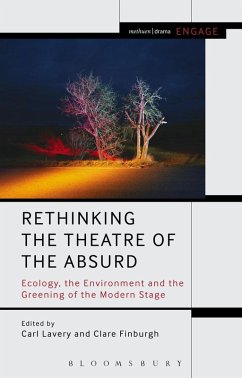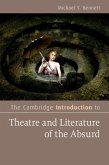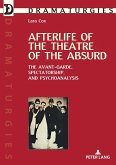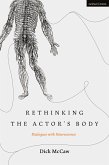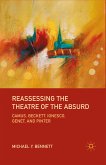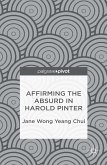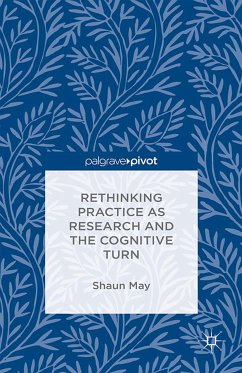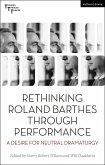Rethinking the Theatre of the Absurd is an innovative collection of essays, written by leading scholars in the fields of theatre, performance and eco-criticism, which reconfigures absurdist theatre through the optics of ecology and environment. As well as offering strikingly new interpretations of the work of canonical playwrights such as Beckett, Genet, Ionesco, Adamov, Albee, Kafka, Pinter, Shepard and Churchill, the book playfully mimics the structure of Martin Esslin's classic text The Theatre of the Absurd, which is commonly recognised as one of the most important scholarly publications of the 20th century. By reading absurdist drama, for the first time, as an emergent form of ecological theatre, Rethinking the Theatre of the Absurd interrogates afresh the very meaning of absurdism for 21st-century audiences, while at the same time making a significant contribution to the development of theatre and performance studies as a whole.
The collection's interdisciplinary approach, accessibility, and ecological focus will appeal to students and academics in a number of different fields, including theatre, performance, English, French, geography and philosophy. It will also have a major impact on the new cross disciplinary paradigm of eco-criticism.
The collection's interdisciplinary approach, accessibility, and ecological focus will appeal to students and academics in a number of different fields, including theatre, performance, English, French, geography and philosophy. It will also have a major impact on the new cross disciplinary paradigm of eco-criticism.

